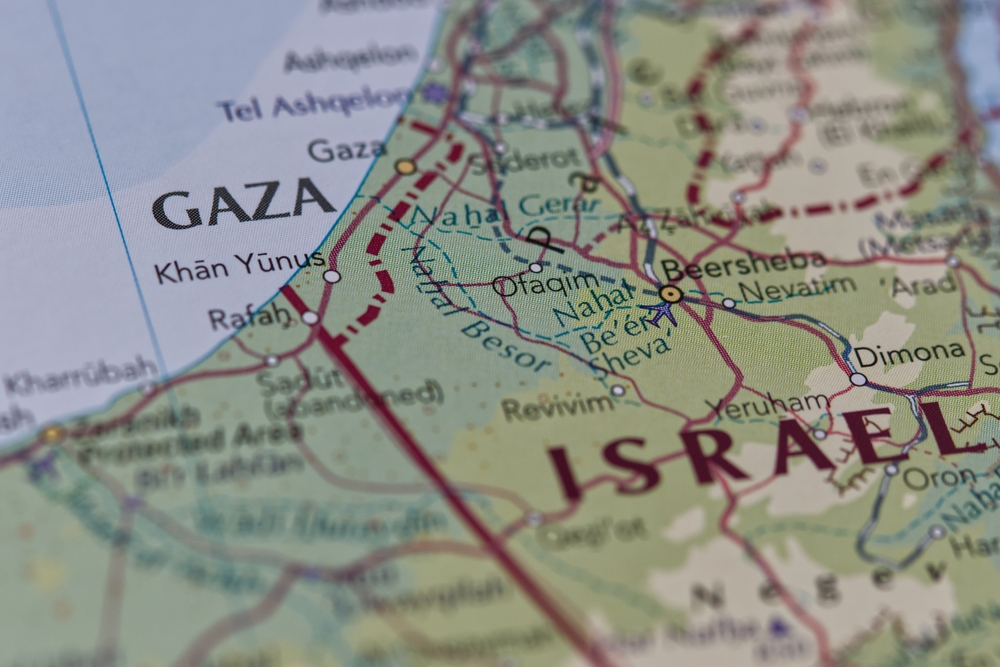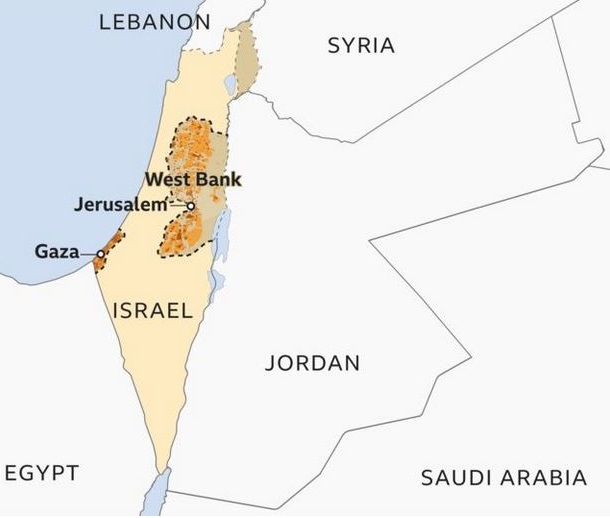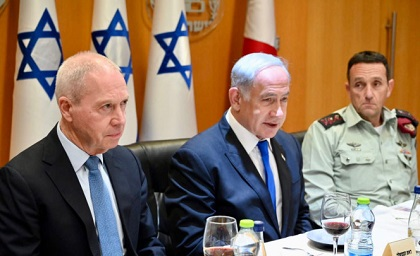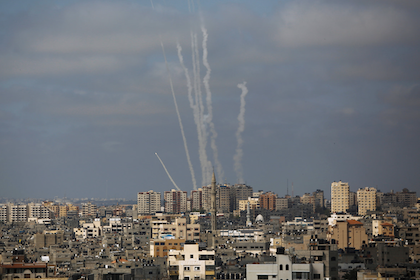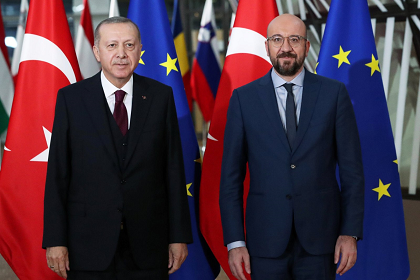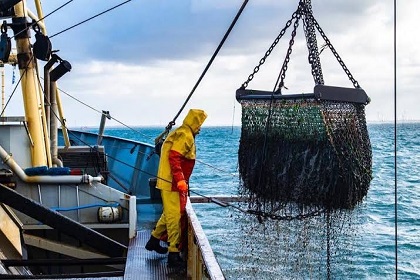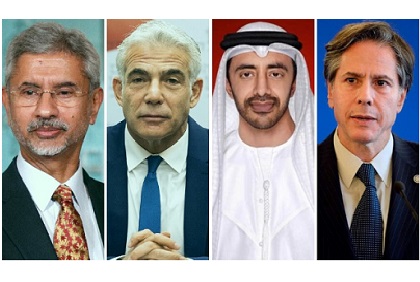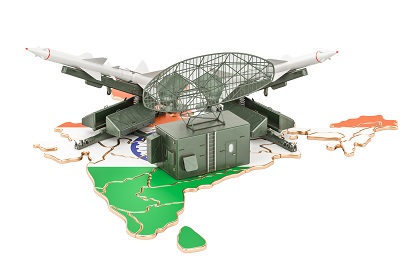Middle East demands new frontiers of diplomacy
Just as September 11, 2001 unfolded a new chapter of the world order, as December 17, 2010 awakened the "Arab Spring," so October 7, 2023, has become a date that has unforgettably changed the Middle East's foreign policy and geopolitical dynamics. The existential paradigm of Israel and Palestine has adopted a war axis without turning back but has necessitated reevaluating diplomacy and recalibrating priorities.


